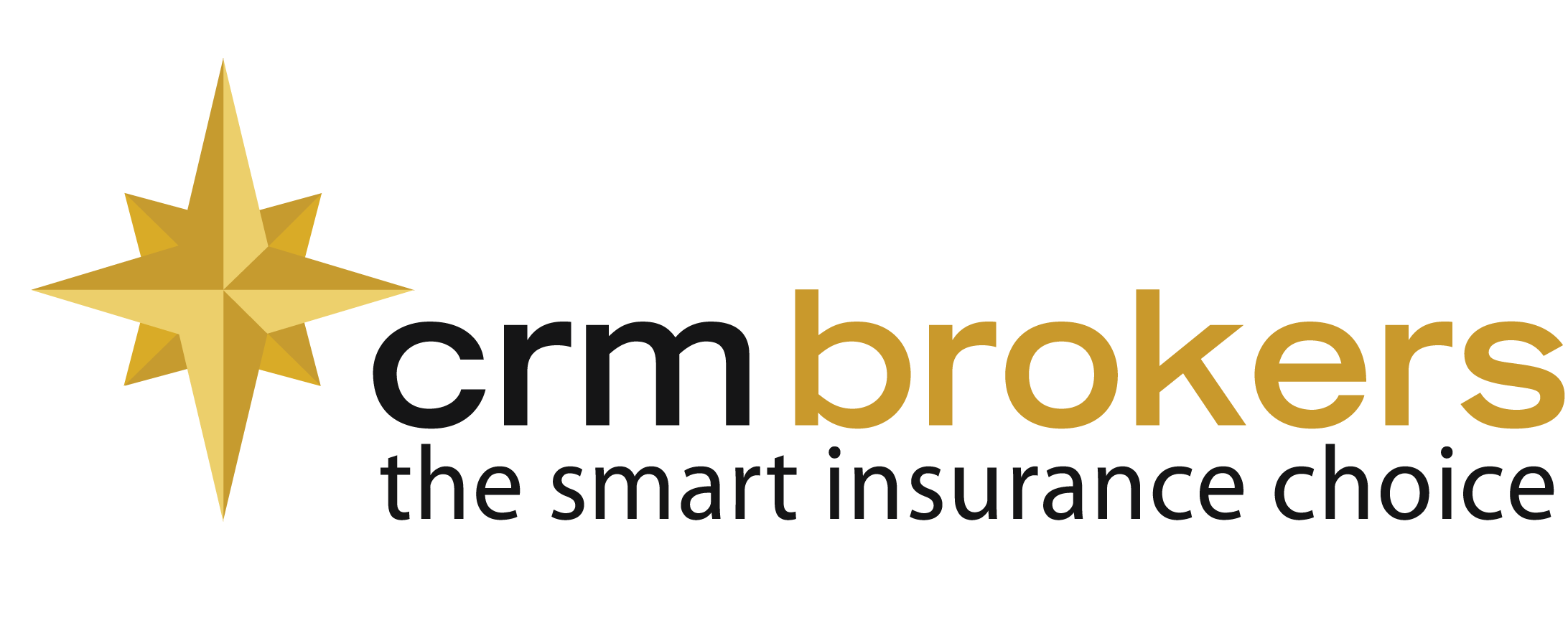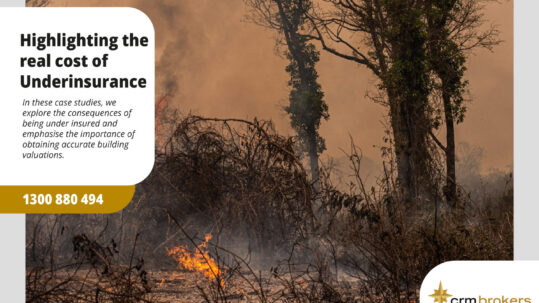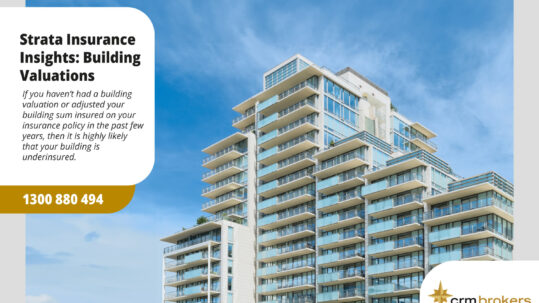
13 Feb Navigating High-Risk Tenancies and Property Insurance
When it comes to insuring properties with commercial tenants, regardless of whether they are strata or non-strata, the activities of the tenants play a key role in determining acceptance. It’s important for strata managers and property owners alike to have a clear understanding of the underwriting guidelines that may impact their insurance.
Each insurer has a different appetite and varying definitions of what they label a “high-risk” occupation. Further complicating this, an insurer’s appetite will vary based on the policy type; for example, a business pack and an industrial special risk policy. Or in the instance of a strata property, whether the property fall under a residential or commercial strata insurance policy wording.
There are grey areas that strata managers and property owners should be aware of. For example, while a bar operation may be considered an acceptable risk, any criminal related connections to the operation could make it an unacceptable risk. To determine acceptance, underwriters may require details for restaurants or cafes, such as cool room size, deep-frying practices, cleaning protocols and fire protection measures.
Furthermore, some insurers categorise “warehousing” simply into low, medium or high level of risk, while others underwrite the risk on specific factors such as what is stored, fire protection measures, and what activities are conducted within the warehouse.
To gain further insights into the topic, we consulted several underwriters who provided examples of occupations they generally consider high risk or non-preferred. This list is by no means exhaustive and is prepared to emphasise the importance for strata managers and property owners to provide their insurer with up-to-date tenancies.
- Tattoo shops
- Massage parlours
- Boarding houses
- Gun shops, gun storage and repair
- Brothels
- Nightclubs
- Parole services
- Manufacturing risks including woodworking and cabinet making
- Storage of goods with hazardous characteristics or high heat producing values such as paints, timbers, furniture.
- Mechanic and auto industry
- Recyclers/ scrap dealers and Waste Management
It is important to note that insurer’s risk appetite is subject to frequent reviews and potential changes. The strata manager or property owner should keep an up-to-date record of commercial tenant information, including the business activities. A prudent approach would involve assessing the associated risks before approving a new tenant, to avoid difficulties at renewal time.
For further inquiries or clarification, please feel free to reach out. The proactive efforts in managing tenant activities will contribute significantly come renewal time.
Stay Informed – Connect with us on LinkedIn
Important Notice
Disclaimer: Terms, conditions, limits, deductibles and exclusions apply to the products referred to above. Any advice in this article is general advice only and has been prepared without taking into account your objectives, financial situation or needs. Before making a decision to acquire any product(s) or to continue to hold any product, we recommend that you consider whether it is appropriate for your circumstances and read the relevant Product Disclosure Statement (‘PDS’), Financial Services Guide (‘FSG’) and the Target Market Determination (‘TMD’) which can be obtained by contacting CRM Brokers.
Information is current as at the date the article is written as specified within it but is subject to change. CRM Brokers make no representation as to the accuracy or completeness of the information. Various third parties have contributed to the production of this content. All information is subject to copyright and may not be reproduced without the prior written consent of CRM Brokers.
Strata Insurance Insights: The Real Cost of Underinsurance
Simply put, underinsurance occurs when the sums insured are not sufficient to co...
11 April, 2024Strata Insurance Insights: Building Valuations
While securing appropriate insurance coverage is fundamental for strata property...
14 March, 2024The Alarming Rise of Business Email Compromise and the Vital Role of Cyber Insurance
In today’s rapidly evolving cyber threat landscape, cybercriminals are con...
27 February, 2024Navigating High-Risk Tenancies and Property Insurance
When it comes to insuring properties with commercial tenants, regardless of whet...
13 February, 2024





